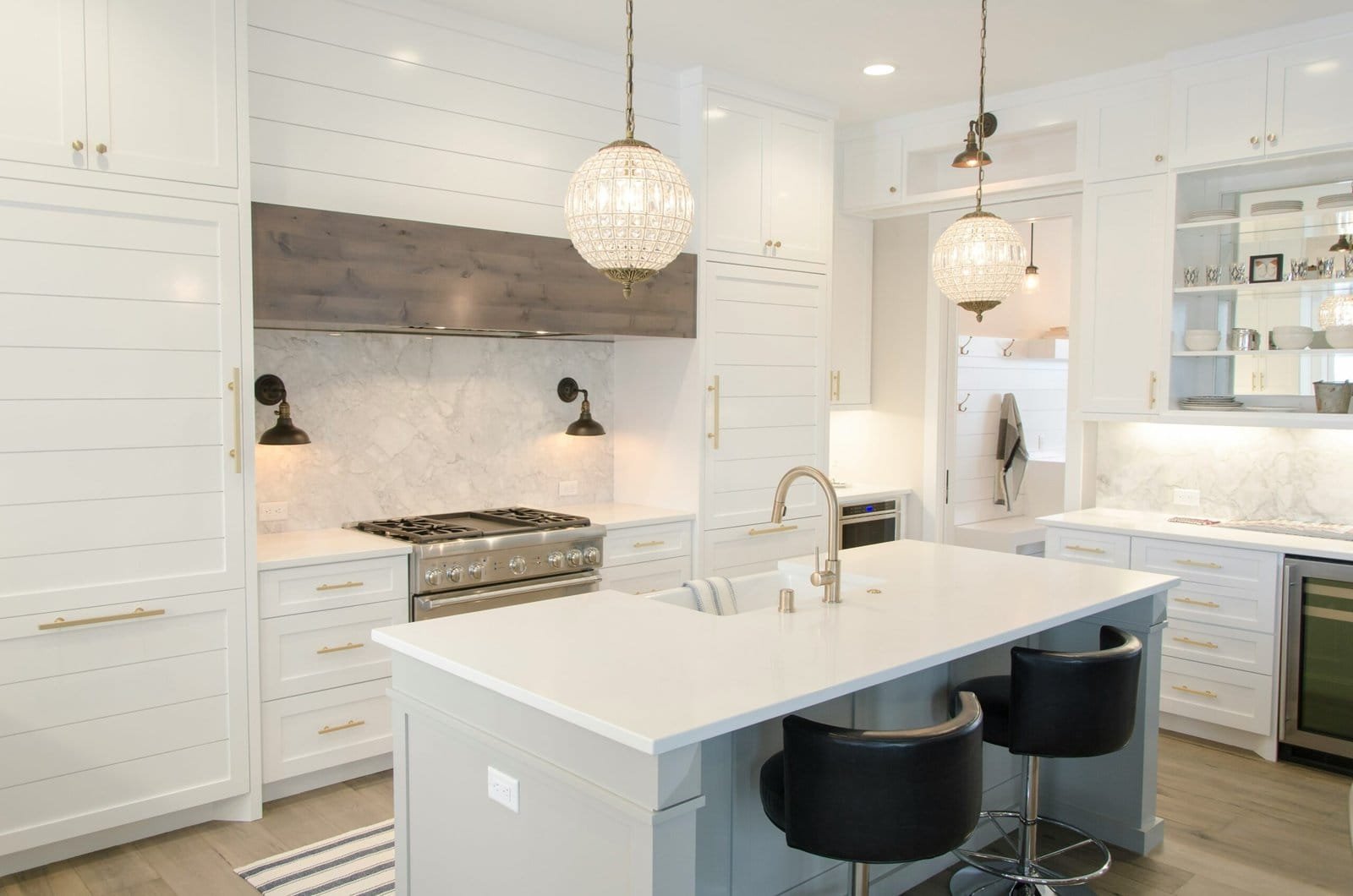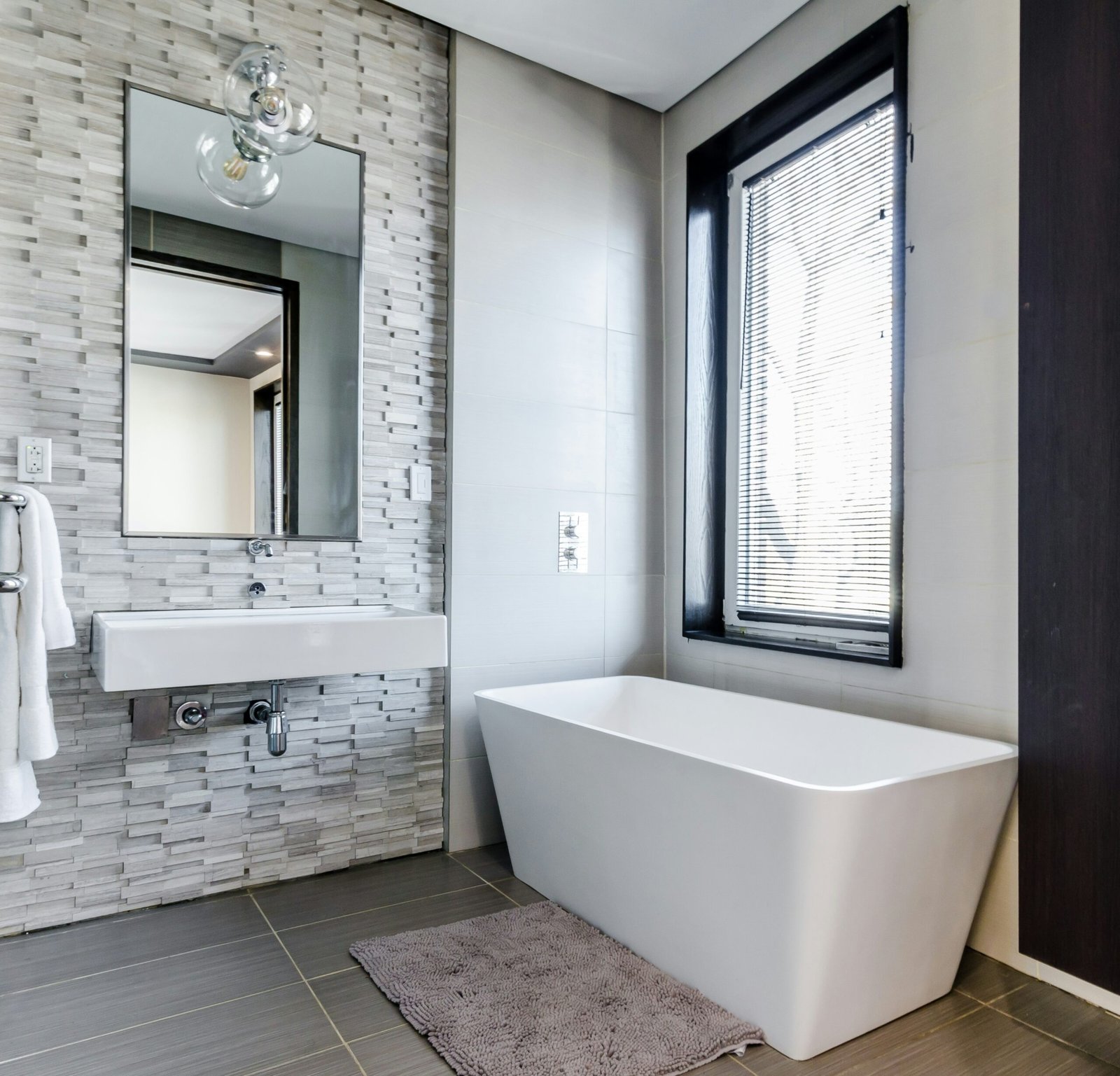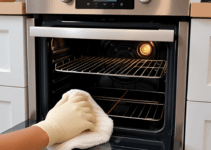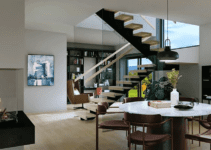Considering a kitchen makeover? This comprehensive guide explores the benefits and drawbacks of kitchen extensions, offering insights into costs, alternative improvements, and the emotional connection to your kitchen space. Learn how to enhance functionality and aesthetics, weigh the pros and cons, and decide whether an extension or renovation is the right choice for your home. Create a kitchen that not only meets your culinary needs but also fosters cherished family memories and enhances your home’s value.
Introduction: Is it Time for a Kitchen Makeover?
The kitchen is often regarded as the heart of the home, serving as a multifunctional space for cooking, entertaining, and family gatherings. For many homeowners, the desire for a more spacious or improved kitchen arises for various reasons. One of the most prevalent motivations for considering a kitchen extension is the growing need for more room, especially in households experiencing expansion. Families may find that their existing kitchen no longer accommodates their daily activities, leading them to contemplate an extension as a potential solution.

Apart from accommodating larger families, aspiring cooks and culinary enthusiasts often seek a kitchen space that offers enhanced functionality. A well-designed kitchen can significantly improve the cooking experience, providing ample counter space, modern appliances, and optimal layouts that facilitate meal preparation and social interaction. A kitchen extension can help achieve this, allowing homeowners to create a more inviting environment where culinary creativity can flourish.
Please, read our post and do not forget to check our YouTube channel “Grig Stamate”:
https://www.youtube.com/@GrigStamate
You will find there, thousands of designing, furnishing, and decorating ideas for your home interior and outdoors.
Allow me to mention three of them:
Modern Open Space Concept Ideas / Kitchen and Dining Room Combination (Part 3) (video)
Remodel Your Kitchen with These Creative Ideas | Interior Design Ideas #4 (video)
Great Ideas for A Modern Kitchen | Interior Design Ideas #5 (video)
Another important aspect to consider is the aesthetic appeal of the kitchen. Homeowners frequently desire a space that reflects their personal style and aligns with current design trends. A kitchen extension not only offers the potential for increased square footage but also presents an opportunity to reimagine the overall design and decor. This may include updating cabinetry, flooring, and lighting to create a more cohesive and stylish atmosphere.
As you reflect on your own kitchen experiences, it is worthwhile to consider what changes you might be longing for. Whether it is more space, a better layout, or simply a fresh look, this blog post will delve into the pros and cons of kitchen extensions, as well as alternative options that may better suit your needs. Through this exploration, you can better understand if a kitchen extension is the right choice for your home.
The Pros of Extending Your Kitchen: What’s in It for You?
Extending your kitchen can bring a multitude of benefits that enhance both day-to-day functionality and overall enjoyment of your living space. One of the most significant advantages is the increase in functionality. A larger kitchen allows for more efficient workflows during cooking and meal preparation. When equipped with additional counter space, cabinets, and storage, you can easily organize utensils, ingredients, and appliances, making the entire cooking experience more streamlined and enjoyable. The capability to comfortably accommodate multiple cooks can also transform cooking from a solitary task into a collaborative family experience.
Additionally, extending your kitchen can significantly boost the value of your property. Real estate experts often point out that updated and spacious kitchens are key selling points for prospective buyers. According to studies, homes with larger kitchens often attract higher offers, reflecting a market trend towards valuing open-plan designs that blend cooking, dining, and entertaining spaces. The financial investment in a kitchen extension can yield substantial returns, making it a smart choice for homeowners considering property improvements.
Moreover, the emotional benefits of having an extended kitchen should not be overlooked. Imagine the joy of hosting friends and family gatherings in a spacious kitchen where laughter and conversation can flow freely. A larger kitchen often becomes the heart of the home, embodying warmth and welcome. It can be a place where new recipes are tried, children learn to cook, and holiday traditions are cherished. Thanks to ample space, everyone can participate in family meals without feeling cramped. These vibrant memories formed in an extended kitchen can hold significant emotional value, enriching your life beyond mere aesthetics or property value.
The Cons of Extending Your Kitchen: What You Need to Consider
Extending your kitchen can be an exciting home improvement project; however, it comes with certain drawbacks that must be seriously considered. One significant disadvantage is the high cost associated with such an undertaking. The budgeting for a kitchen extension often exceeds initial estimates due to unforeseen expenses such as plumbing adjustments, electrical work, or structural changes needed to accommodate the new space. Homeowners should be prepared for potential financial strain as these costs can rapidly escalate.
In addition to financial implications, the disruption caused during construction can be substantial. Renovations typically require temporary changes to your daily routine, causing a lack of access to your kitchen for an extended period. The noise, dust, and presence of construction workers can turn what is usually a joyful space into a chaotic environment. These disruptions can lead to meal planning challenges and added stress during the renovation process. As the saying goes, “If you think it’s hard to live without a kitchen, try living in one with an extension project underway!”
Another point to consider is the potential impact on your home’s value and design cohesion. While a kitchen extension can add to the overall living space, it may not necessarily increase the market value of your home proportionately. If the design does not integrate well with the rest of the house, it might become a costly choice that detracts from its overall appeal. It’s essential to weigh the aesthetic outcomes against your long-term aspirations for the property.
Overall, while extending your kitchen may bring enhanced functionality and comfort, being realistic about the disadvantages is crucial. Delving into the complexities of costs, disruptions, and potential impacts on property value can help you make a more informed decision regarding a kitchen extension.
Cost Considerations: How Much Will It Really Cost?
When contemplating a kitchen extension, understanding the financial implications is crucial. The first step in the budgeting process is to establish a preliminary budget that outlines the maximum amount you are willing to invest. This budget should include not only the expected construction costs but also potential hidden expenses that can arise during the renovation process. Planning ahead and having a realistic approach will allow you to manage your finances effectively and help avoid any surprises down the line.
The average cost of extending a kitchen can vary significantly, depending on several factors including the size of the extension, the materials used, and the complexity of the design. In general, homeowners can expect to spend anywhere from £1,000 to £2,500 per square meter. This range is particularly dependent on geographical location and labor costs. It is advisable to acquire multiple quotes from contractors to ensure that you are making an informed decision. Additionally, consider any structural modifications needed for the extension, which can further influence costs.
Another often-overlooked expense is the potential need for planning permission, which can add to the overall cost. It’s essential to verify local council regulations regarding home extensions to avoid complications later in the project. Consultations with architects or designers may also incur fees, yet they can provide invaluable insights that justify the initial cost.
As you navigate the cost considerations of extending your kitchen, think about your budget expectations. Have you experienced unexpected costs in past renovations? Establishing a careful financial plan that accounts for all probable expenses is fundamental in making your ideal kitchen a reality without breaking the bank.
Understanding Your Home’s Layout: Is It Even Feasible?
Assessing your home’s current layout is a critical step in determining whether extending your kitchen is a feasible option. Before embarking on any renovation project, it is essential to understand how the existing space operates and the limitations imposed by its architecture. Factors such as structural integrity and zoning laws can significantly influence the outcome of a kitchen extension. Analyzing the foundation, load-bearing walls, and overall design will provide insights into whether an extension is practical or not.
For instance, consider a family living in a quaint bungalow with a compact kitchen. When they contemplated a kitchen extension, they discovered that a supporting wall ran directly through the area they hoped to expand. This unforeseen obstacle required them to reassess their plans. They sought the assistance of a structural engineer, who pointed out other potential areas for improvement within the existing layout. Ultimately, the family opted for a renovation that improved functionality without compromising the house’s structural integrity. This example illustrates the importance of thorough assessments before making any commitment to extending a kitchen.
Moreover, local zoning laws can further impact the feasibility of an extension. Regulations often dictate how much of your property can be developed, which can restrict the scope of a kitchen renovation. For instance, some areas have minimum setback requirements from property lines or maximum height restrictions, which contribute to the complexity of executing an extension plan. Engaging early on with your local planning authority can clarify these regulations and help you navigate potential hurdles. Understanding these aspects comprehensively can save time, effort, and resources, ensuring your kitchen’s extension aligns with both your vision and the legal framework surrounding home renovations.
Exploring Alternatives to Kitchen Extensions
When considering the possibility of extending your kitchen, it is essential to remember that there are various creative solutions available that can enhance functionality without the need for a full extension. These alternatives often focus on maximizing the space already available, thereby providing a cost-effective and efficient approach to kitchen improvement.
A popular alternative is to remodel existing space. An effective kitchen remodel can breathe new life into your culinary area, even in compact spaces. By reconfiguring the layout, such as converting an underutilized nook into a functional breakfast area or using open shelving instead of traditional cabinets, homeowners can create a more spacious feel. Additionally, incorporating lighter paint colors and clever lighting can significantly brighten the ambiance, making the kitchen appear larger.
Upgrading appliances is another smart way to enhance your kitchen’s efficiency. Modern appliances often come with space-saving designs, and features that allow for multitasking. For instance, a combination microwave and convection oven or a compact dishwasher can save counter space while improving functionality. Investing in high-quality, energy-efficient appliances can also lead to long-term savings on utility bills, which adds a financial benefit to the upgrade.
Maximizing storage is crucial in ensuring an efficient kitchen. There are numerous strategies to achieve this goal. Using vertical space effectively by installing pegboards or tall shelving, or incorporating pull-out drawers and organizers in cabinets, can create ample storage options. Furthermore, utilizing multi-functional furniture, such as an island with built-in storage or a drop-leaf table, can provide additional workspace when needed without a permanent footprint.
For those hesitant to commit to full extensions, temporary solutions such as renting a storage unit or using mobile kitchen carts can serve as practical alternatives, providing flexibility. These options allow for a trial of various configurations in a less permanent manner, giving homeowners the ability to experiment with designs that suit their lifestyle.
The Emotional Connection: Why Your Kitchen Matters
The kitchen often transcends its primary function as a space for cooking and meal preparation; it evolves into the emotional heart of the home. For many families, this area serves as a gathering spot where cherished memories are created and family traditions are born. Conversations, laughter, and even tears have a place here, demonstrating the kitchen’s role in fostering deep emotional connections among family members.
Consider the aroma of freshly baked cookies wafting through the air during the holidays, or the lively chatter during family dinners. These moments often forge lasting bonds and create a sense of belonging that resonates through generations. A functional kitchen can enhance the experience of cooking together, as it provides a welcoming atmosphere where everyone feels included. Whether it’s preparing comfort food after a long day or hosting celebrations with loved ones, the kitchen facilitates connections that nourish both the body and the soul.
The memories forged in this space are not just limited to the act of cooking; they often extend to special occasions, such as birthday parties or holiday feasts. Pictures of family gatherings around the dining table, stories shared over a hot meal, and the ability to celebrate life’s milestones are all embedded within these walls. Thus, investing in a kitchen extension might not solely be about increasing space or enhancing functionality, but rather about maximizing the potential for such joyful experiences. A larger kitchen can accommodate more people, encouraging family interaction and participation in the cooking process.
Ultimately, the kitchen represents a sanctuary for many individuals, encapsulating feelings of warmth and nostalgia. Reflecting on treasured kitchen moments can serve as a reminder of the importance of this space within the home, emphasizing that a kitchen is not merely a utilitarian area but a vital contributor to emotional well-being.
Consulting a Professional: When to Seek Expert Help
Embarking on a kitchen extension is a significant decision, one that often necessitates the guidance of seasoned professionals. Consulting an architect or a designer can provide beneficial insights and streamline the entire remodeling process. Their expertise is invaluable, particularly when navigating the complexities of building regulations, zoning laws, and structural integrity. These professionals can help you avoid common pitfalls that may arise from miscalculations or design flaws, ultimately saving both time and money.
When considering a consultation, it is essential to assess your project’s scope. If your kitchen extension involves major structural changes or requires intricate design planning, bringing in an expert becomes paramount. Look for architects or designers with extensive experience in residential renovations, particularly in kitchen spaces. A seasoned professional will bring not just technical know-how but also a creative vision tailored to your specific needs and preferences. Additionally, consider seeking referrals and reviewing portfolios of past projects to gauge the professional’s suitability for your renovation aspirations.
Engaging an expert can also lead to innovative solutions you might not have considered. They can maximize your kitchen’s potential, ensuring that the final design is both functional and aesthetically pleasing. Moreover, professional designers can introduce you to the latest trends and materials that enhance not only the beauty but also the efficiency of your kitchen space.
A light-hearted reminder: many homeowners share renovation horror stories, ranging from mismatched cabinets to poorly executed layouts. These anecdotal experiences underline the importance of enlisting professionals. A well-planned kitchen extension changes not just the space, but also enhances your home’s overall value. Therefore, investing in expert assistance is rarely a regrettable choice.
Conclusion: Making the Right Decision for You
In evaluating whether to extend your kitchen, it is essential to reflect on the various pros and cons, along with the alternatives available. Kitchen extensions can significantly enhance your living space, providing added room for cooking and dining, while also increasing your home’s market value. However, they also come with drawbacks, including the potential for higher costs, disruption during construction, and possible changes to your home’s overall aesthetic. It is vital to weigh these aspects against your personal preferences and financial situation.
Additionally, there are alternatives to kitchen extensions that may serve your needs just as effectively. Options such as renovations, installations of multifunctional furniture, or improved organization methods can provide enhanced space and functionality without the need for a significant build-out. These alternatives often present less financial strain and can be completed in a shorter timeframe.
Ultimately, the decision to extend your kitchen or explore alternatives depends on your unique circumstances, including your budget, future plans for your home, and the overall configuration of your living space. Engaging with a professional can provide insights tailored to your specific situation, helping you navigate the complexities of the decision-making process. Consider what truly fits your lifestyle and home dynamics, as each choice will impact your daily routine and long-term satisfaction with your living environment.
As you ponder your options, ask yourself reflective questions: What are your immediate needs? How long do you plan to stay in your home? Are the benefits of a kitchen extension worth the investment to you? We encourage you to consider these aspects carefully, ensuring that your final decision aligns with your vision for a functional and enjoyable kitchen space.
Other related posts from our website:
https://howtobuildahouseblog.com/everything-you-need-to-know-about-bathroom-renovation/
https://howtobuildahouseblog.com/no-demo-renovation-ideas-boosting-your-curb-appeal/
https://howtobuildahouseblog.com/renovation-vs-remodel-understanding-the-difference/
Thank you so much for your attention.
Stay tuned. We will upload many other amazing posts to our website and videos onto our YouTube channel.
Thank you so much.
for your time and attention.
Best Regards
See you to another post,
Bye, Bye



No Responses